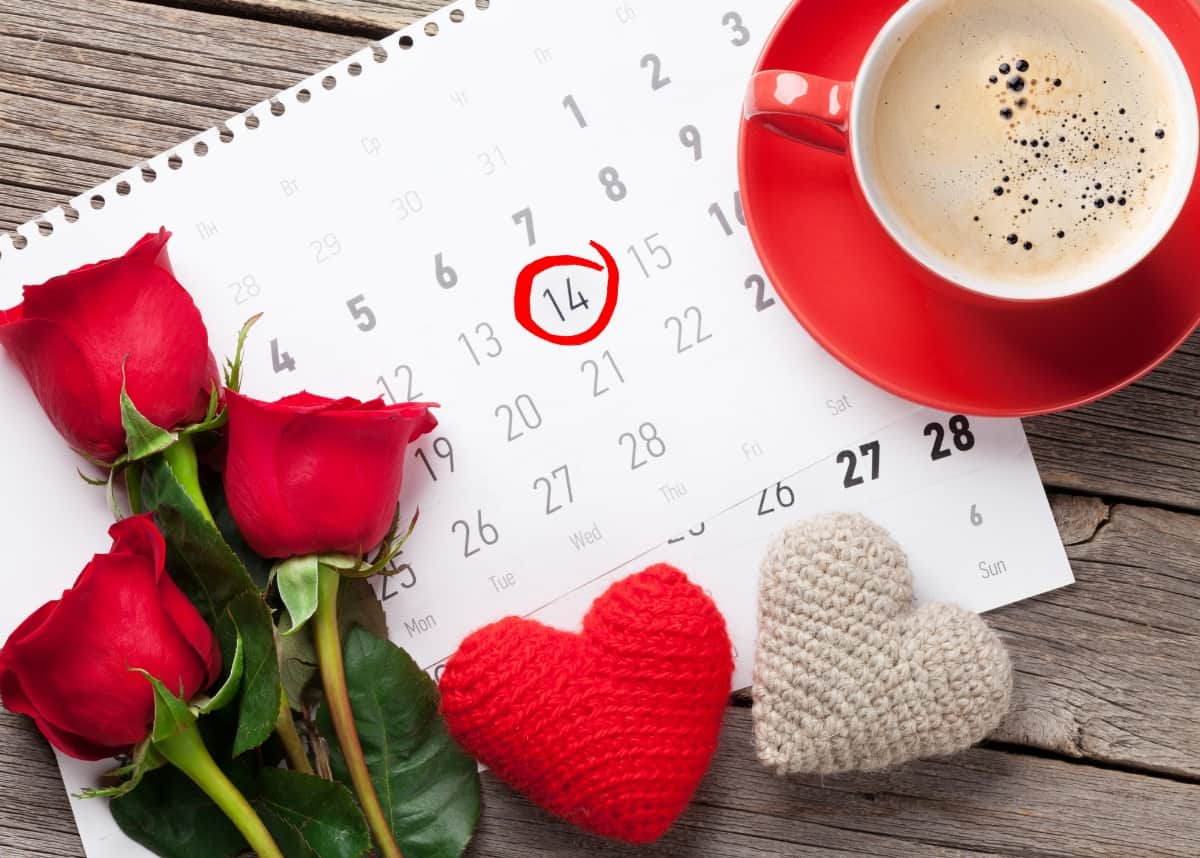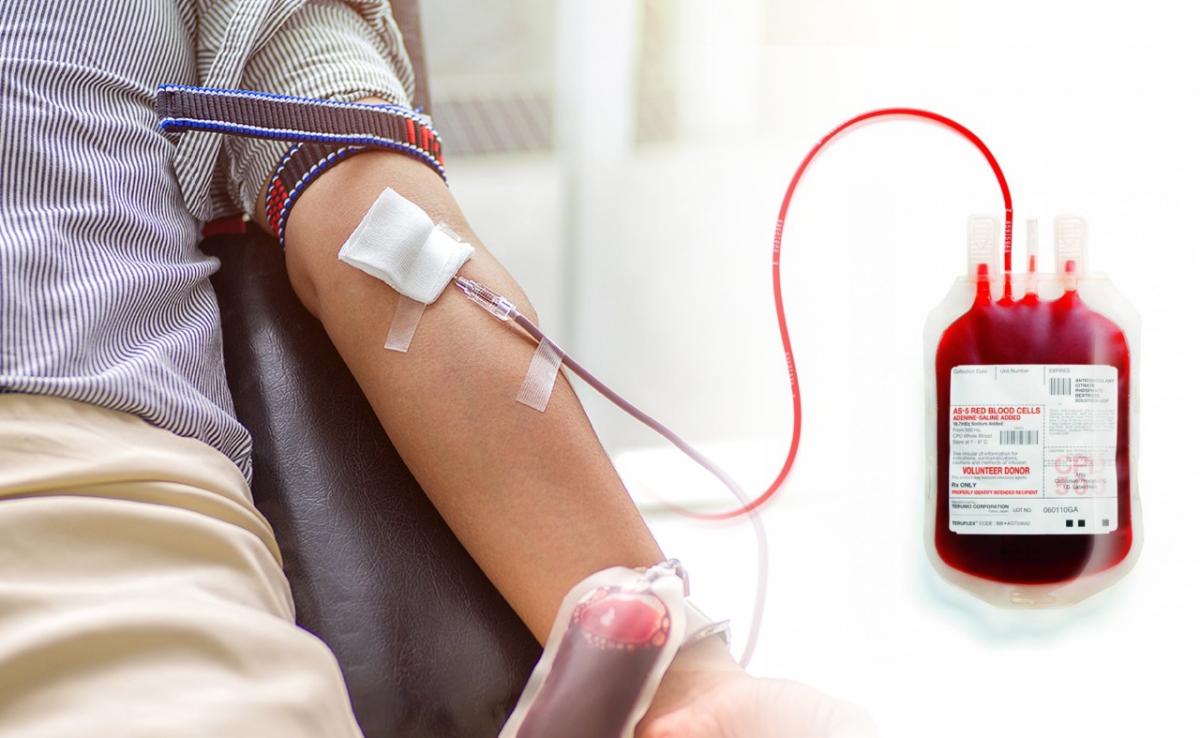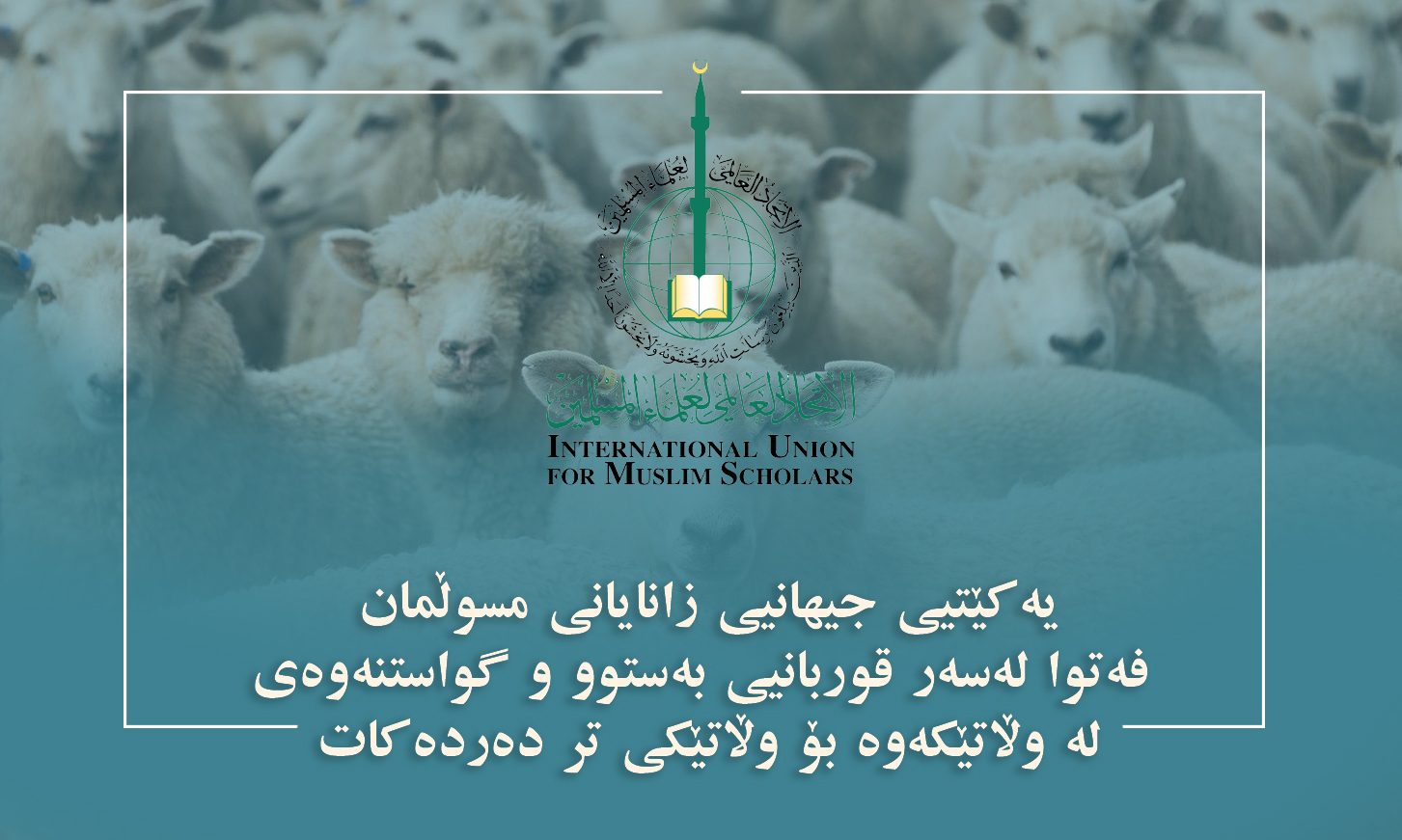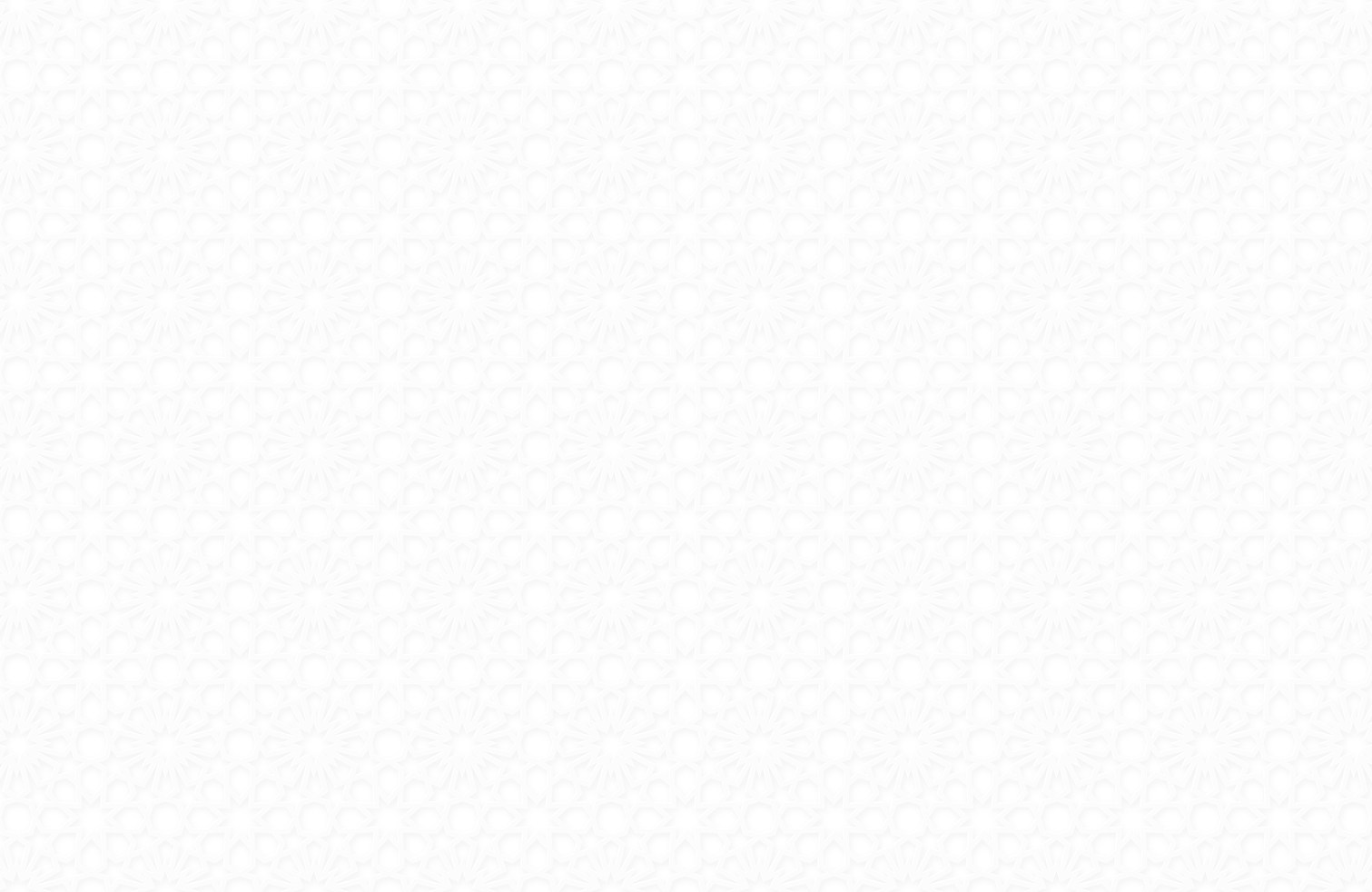Aug 08 2025
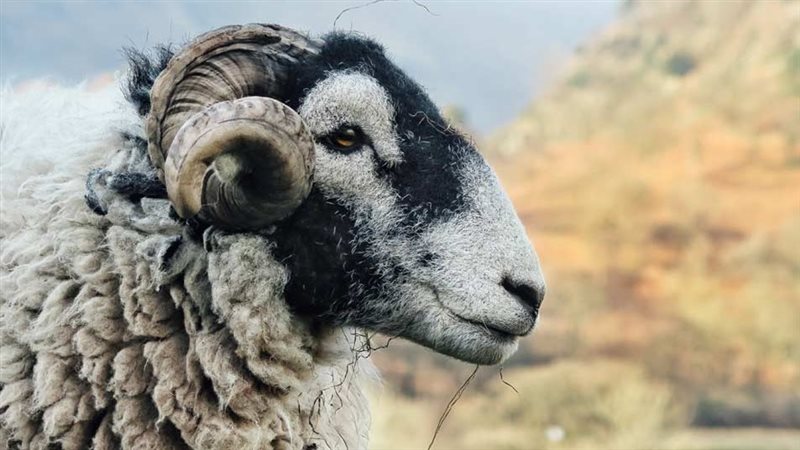
In the name of God, the Most Gracious, the Most Merciful
A Fatwa Concerning Spending the Value of Hady and (Adhiyah) According to Fiqh al-Mizan (The Jurisprudence of Balance)
Question: I have received numerous questions regarding spending the monetary value of the Hady (sacrificial animal during Hajj) and the Eid al-Adha sacrifice for the benefit of afflicted and needy people in the Islamic world, especially in Gaza.
Answer:
Praise and thanks be to Allah, the Lord of the Worlds, and may peace and blessings be upon the Prophet sent as a mercy to all worlds, and upon his family, his companions, and all who follow his path until the Day of Judgment.
To proceed...
Here, based on the question raised, it is necessary to clarify and define the points of disagreement and to determine the balance (mizan) for each issue separately.
First: The Balance of the Eid al-Adha Sacrifice (Adhiyah)
The balance (mizan) of the Eid al-Adha sacrifice is established upon its status as a religious rite (sha'irah). Its performance simply consists of slaughtering a sheep, goat, cow, or camel during the days of sacrifice, which begin after the Eid prayer on the first day and extend until the sunset of the fourth day, provided the other conditions for the sacrifice are met. This is the legitimate Eid al-Adha sacrifice, and it has two scales:
The primary and foundational scale is the performance of the rite for the pleasure of Allah the Almighty. This is the basis. Its balance lies in adhering strictly to the limits of the sacred texts, as it is one of the ritual acts of worship where the principle is to stop at the textual boundaries and not transgress them. The Prophet (peace be upon him), in an authentic hadith, even called it a "nusuk" (a rite of worship).¹ Furthermore, the Eid al-Adha sacrifice has certain associated primary rites, such as not cutting one's hair or nails, which emphasizes that it is a devotional rite and ceremony.²
The evidence for this is the word of Allah the Almighty:
"And the camels and cattle We have appointed for you as among the symbols [sha'a'ir] of Allah; for you therein is good. So mention the name of Allah upon them when lined up [for sacrifice]; and when they are [lifeless] on their sides, then eat from them and feed the needy who is content and the one who asks. Thus have We subjected them to you that you may be grateful. Their meat will not reach Allah, nor will their blood, but what reaches Him is piety from you. Thus have We subjected them to you that you may glorify Allah for that [to] which He has guided you; and give good tidings to the doers of good." (Surah Al-Hajj, 36-37).
The word "al-budn" here includes all large animals such as camels and cows.³ Some commentators have noted that the verse encompasses both the Hady and the Eid al-Adha sacrifice, and this is the correct view.
Among the wisdoms of performing the sacrifice are the revival of the sunnah of our master prophet Ibrahim and expressing gratitude for the blessings of Allah Almighty, among other similar things. Moreover, it is not established that the Prophet (peace be upon him) ever gave the value of the sacrifice; rather, he sacrificed two rams and also slaughtered his Hady. His successors did the same.
The second scale is that of social solidarity (takaful) and bringing joy to the poor and the destitute.
As for the Hady (the animal that becomes obligatory for a pilgrim due to being prevented from completing Hajj, or for performing Hajj al-Tamattu' or Hajj al-Qiran), its nature as a rite is even clearer and stronger from the Quranic indication. Therefore, it is not permissible for the donation of its value to replace the Hady itself. It must be performed as prescribed. Allah the Almighty says: "...an offering (hadyan) reaching the Ka'bah." However, its value can be given to an entity like the Islamic Development Bank in Makkah, which will then carry out the slaughter in the Haram (sacred precinct), package the meat, and send it to the poor among the Muslims.
Based on this, the value of the Eid al-Adha sacrifice, or the value of the Hady, cannot substitute the act of the sacrifice or Hady itself; this is the sound and correct position. This is because the Eid al-Adha sacrifice and the Hady involve the slaughter of a specific, legally defined animal to draw closer to Allah the Almighty, according to their conditions. Giving charity in cash has its own reward, but it is not called an Eid al-Adha sacrifice.
Here, a question arises as to which is better. The preponderant view (rajih), supported by the legal evidence, is that performing the Eid al-Adha sacrifice is better than donating its value because it is a rite and an act of worship associated with Eid al-Adha, just as Zakat al-Fitr is associated with Eid al-Fitr. Furthermore, the Prophet (peace be upon him) and his successors were persistent in performing it.
The Eid al-Adha sacrifice is also linked to prayer, as Allah the Almighty says, "So pray to your Lord and sacrifice [to Him only]" (Surah Al-Kawthar: 2). For this reason, a group of jurists (including the Hanafis) holds the view that the sacrifice is obligatory (wajib) due to the command in this noble verse.
Second: Appointing an Agent (Tawkil)
If the value of the Eid al-Adha sacrifice is given to an organization or a person to carry out the purchase of the required animal, its slaughter, and subsequent distribution, it is a valid sacrifice. This is based on the principle of agency (wakalah), which is permissible according to the sacred texts and the consensus (ijma') of scholars. And Allah the Almighty knows best.
In conclusion, I call upon Muslims to preserve the rites of Islam as they have come in the Book of Allah and the Sunnah of His Prophet (peace be upon him), without change or alteration.
"That [is so]. And whoever honors the symbols [sha'a'ir] of Allah - indeed, it is from the piety of hearts." (Surah Al-Hajj: 32)
The humble servant, submissive to his Lord,
Prof. Dr. Ali Muhyiddin al-Qaradaghi
President of the International Union of Muslim Scholars
5th Dhul-Hijjah 1446 AH
June 11, 2025 CE
Footnotes:
Narrated by al-Bukhari in his Sahih (976) and Muslim (1961), with the wording: "The first of our rites on this day of ours is that we begin with the prayer, then we return and perform the slaughter..."
Narrated by Muslim (1977) with the wording: "When the ten days (of Dhul-Hijjah) have begun, and one of you intends to offer a sacrifice, he should not touch his hair or his skin at all." And according to Ibn Hibban (5897) with the wording: "...he should not trim his nails, nor shave..."
As stated in Tafsir al-Tabari in the exegesis of verse 36 of Surah Al-Hajj. Ibn Kathir—after mentioning those who say "al-budn" also includes cows—said: "The most correct view is that it applies to the cow—this is legally established, as is affirmed in the hadith." This is the view of the majority of jurists. See also Tafsir Ibn al-Jawzi on verse 36/Al-Hajj, Al-Tahrir wa'l-Tanwir by Ibn Ashur on verse 28/Al-Hajj, and Al-Bahr al-Muhit on verse 36/Al-Hajj.


